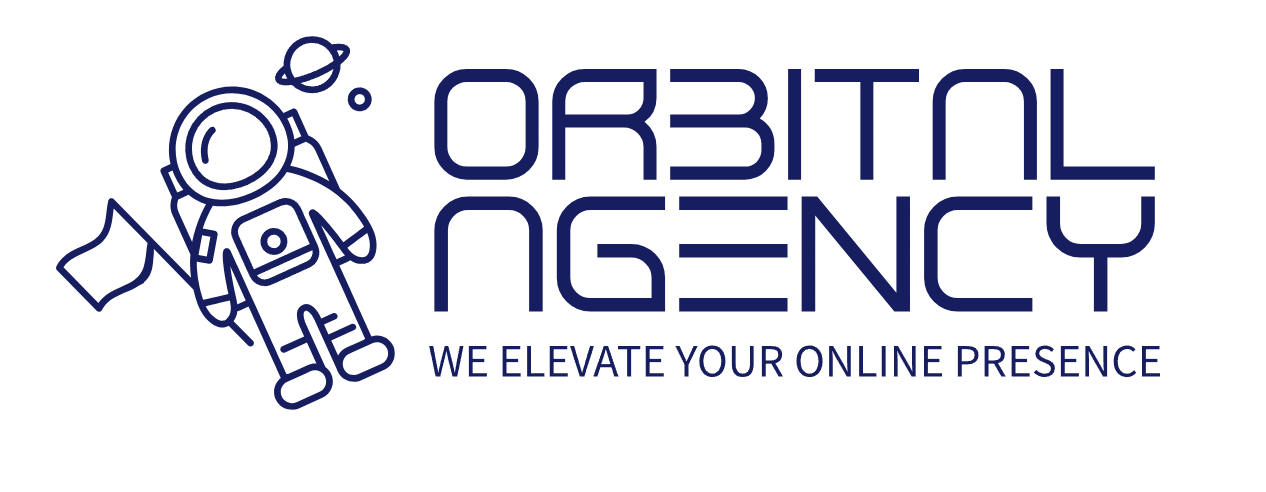What Does a Website Developer Actually Do?
Many business owners hear the term “website developer” and assume it just means someone who writes code. While coding is certainly a major part of the role, the truth is that professional developers handle a much wider range of responsibilities—many of which directly impact your site’s speed, functionality, and ability to convert visitors.
A website developer is responsible for turning design mockups or ideas into a functioning website. This means writing clean, structured code that creates the layout, interactions, and dynamic features users engage with. But it doesn’t stop there.
Developers ensure that your site is mobile-responsive, meaning it adjusts gracefully across different screen sizes. They also optimize performance so your website loads quickly—something that directly affects both user satisfaction and search engine rankings.
Most developers specialize in either front-end (user interface) or back-end (server-side logic), while some are full-stack and do both. On the front end, they write HTML, CSS, and JavaScript to control how your site looks and behaves. On the back end, they build the systems that process forms, manage databases, and power features like logins or payment gateways.
Beyond building, developers are also responsible for troubleshooting and debugging. If something breaks—or if a browser or device displays your site incorrectly—they track down the cause and implement fixes quickly. This ensures your business doesn’t suffer downtime or usability issues.
Another big part of a developer’s job is integration. They connect your website to third-party tools like CRMs, email marketing platforms, scheduling software, or e-commerce systems. These integrations can save time, streamline operations, and help automate lead generation.
Security is another area where developers shine. They implement firewalls, secure login protocols, SSL certificates, and validation systems to prevent hacks, spam, and data breaches. Without proper development, even a nice-looking site can be vulnerable.
Good developers also plan for scalability. That means building your site in a way that it can grow—whether that’s adding new service pages, launching new products, or expanding into new locations—without needing to start over.
Ongoing maintenance is often handled by developers as well. They perform software updates, check analytics, monitor site health, and make small enhancements based on user feedback or performance reports.
In short, a website developer is more than just a coder. They’re the architect, builder, mechanic, and security guard of your online presence—all rolled into one.
Schedule Your Free Custom Website to see what our expert developers can do to help your business site perform at its highest potential.
P.S. Curious whether custom is worth it? Read 7 Reasons Mahopac Businesses Should Invest in Custom Website Design for the real benefits of going beyond templates.
A website developer is responsible for turning design mockups or ideas into a functioning website. This means writing clean, structured code that creates the layout, interactions, and dynamic features users engage with. But it doesn’t stop there.
Developers ensure that your site is mobile-responsive, meaning it adjusts gracefully across different screen sizes. They also optimize performance so your website loads quickly—something that directly affects both user satisfaction and search engine rankings.
Most developers specialize in either front-end (user interface) or back-end (server-side logic), while some are full-stack and do both. On the front end, they write HTML, CSS, and JavaScript to control how your site looks and behaves. On the back end, they build the systems that process forms, manage databases, and power features like logins or payment gateways.
Beyond building, developers are also responsible for troubleshooting and debugging. If something breaks—or if a browser or device displays your site incorrectly—they track down the cause and implement fixes quickly. This ensures your business doesn’t suffer downtime or usability issues.
Another big part of a developer’s job is integration. They connect your website to third-party tools like CRMs, email marketing platforms, scheduling software, or e-commerce systems. These integrations can save time, streamline operations, and help automate lead generation.
Security is another area where developers shine. They implement firewalls, secure login protocols, SSL certificates, and validation systems to prevent hacks, spam, and data breaches. Without proper development, even a nice-looking site can be vulnerable.
Good developers also plan for scalability. That means building your site in a way that it can grow—whether that’s adding new service pages, launching new products, or expanding into new locations—without needing to start over.
Ongoing maintenance is often handled by developers as well. They perform software updates, check analytics, monitor site health, and make small enhancements based on user feedback or performance reports.
In short, a website developer is more than just a coder. They’re the architect, builder, mechanic, and security guard of your online presence—all rolled into one.
Schedule Your Free Custom Website to see what our expert developers can do to help your business site perform at its highest potential.
P.S. Curious whether custom is worth it? Read 7 Reasons Mahopac Businesses Should Invest in Custom Website Design for the real benefits of going beyond templates.
